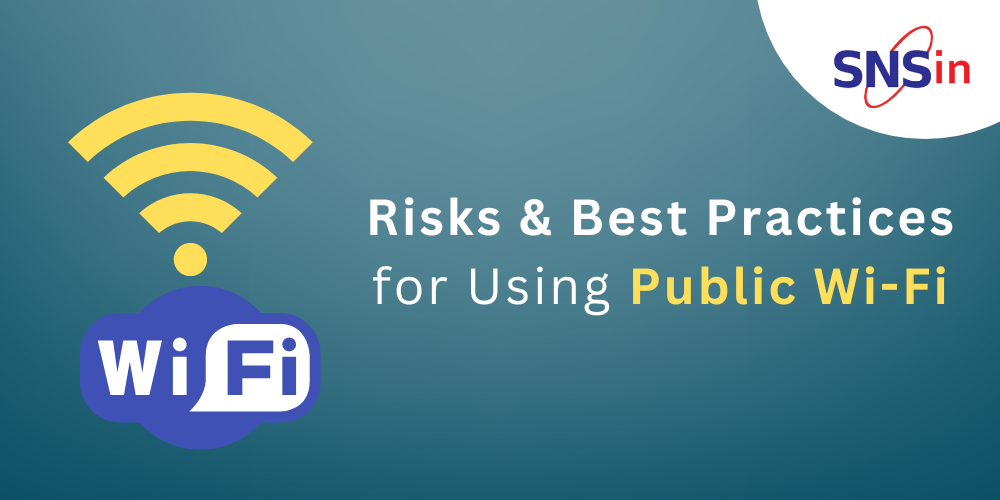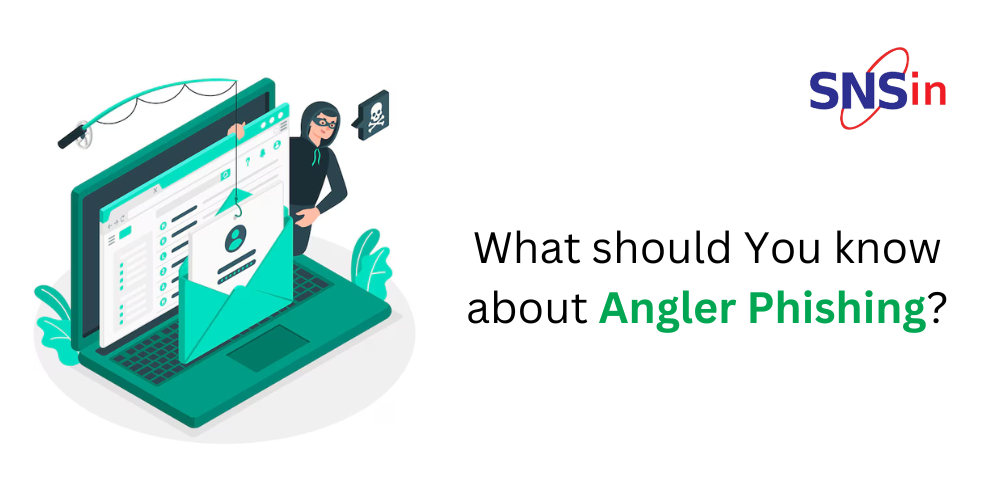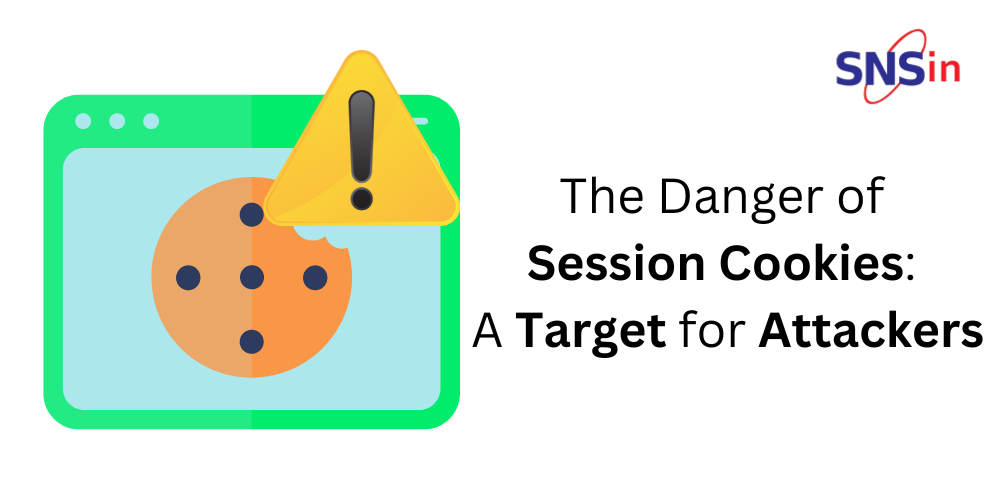In an ever-more interdependent planet, public access to the internet is now common. All public locations, be it a coffee shop, an airport, a hotel, or a mall, are offering free and fast public Wi-Fi. However, the benefit of convenience can lead to several cybersecurity risks. Public Wi-Fi networks, with their inherent vulnerability to cybersecurity maladies, are a prime target for hackers who may take advantage of unknowing users.
This blog brings the risks of using public Wi-Fi & offers helpful tips to ensure that you remain secure.
Understanding the Risks
Man-in-the-Middle (MitM) Attacks
The open-access public Wi-Fi networks, commonly known as MitM, are the number one target for hackers who successfully interfere with the data transmissions between users’ devices and the network. Via the intercepting, the hackers understand the communications and then obtain the data, for example, usernames, passwords, and financial details.
Rogue Hotspots
Hackers may set up false Wi-Fi hotspots with convincing names to make people connect to them. Upon connection, hackers launch exploits to steal data or spread malware to users.
Snooping & Packet Sniffing
Public Wi-Fi networks are not encrypted, or they use weak encryption that hackers can use to decrypt traffic and view the content. Via data packet sniffing, hackers can figure out which users or devices have vulnerabilities.
Malware Distribution
This can happen by hacking public Wi-Fi and injecting malware into the unaware systems of the users. Hackers can launch malware from these devices to access confidential information, disrupt operations, or even ramp up cyberattacks.
Best Practices for Using Public Wi-Fi Safely
Use a Virtual Private Network (VPN)
VPNs encrypt your internet traffic and route it through a shielded server, so hackers at a public Wi-Fi network cannot intercept your data. You can have trust in the safety and privacy of your online activities through a VPN, even in the case of insecure networks.
Avoid Sharing Sensitive Information
If you connect to any given public WiFi, please do not share or access sensitive details such as passwords, financial information, or private information. In that case, the hackers may exploit such information for bad purposes.
Enable Two-Factor Authentication (2FA)
Put 2FA into practice, as it offers more protection for your online accounts. In other words, multi-factor authentication requires users to provide a second factor that could be sent to their phones besides their passwords. Hackers cannot access accounts by obtaining the login details.
Keep Software Updated
Be sure you have your devices, OS, and apps updated with the latest security patches and updates. The software updates mostly release fixes for the known vulnerabilities that may happen to make hackers intrude and steal data.
Use HTTPS Websites
When surfing the web on free public WiFi, make sure that the connection is secured by HTTPS. HTTPS encrypts the data between your device and the website server. For this reason, hackers are unable to eavesdrop on the exchange. Most of the websites that transmit sensitive data, such as banking or shopping sites, use the HTTPS protocol by default to avoid data access by hackers.
Turn Off Automatic Wi-Fi Connections
Disable the automatic connection feature on your device to prevent it from automatically connecting to unknown or untrusted Wi-Fi networks. This can help prevent accidental exposure to rogue hotspots and mitigate the risk of falling victim to MitM attacks.
Be Cautious of Public Computer
Stay away from public computers or shared devices for issues that are very confidential, like online banking or shopping. A computer in a public place can have malware and keyloggers installed on it, and this might be dangerous for your privacy and security.
Log Out of Accounts
Keep in mind to log out of all your accounts and disconnect from public Wi-Fi networks when you finish using them. This offers a safeguard for your accounts and also reduces the risk of data exposure.
Conclusion
Public Wi-Fi networks give a chance for internet browsing wherever one desires, but they also carry staggering cybersecurity threats. With the knowledge of the possible hazards and by developing the proper habits of using public Wi-Fi safely, users can save themselves and their data from hackers and cyberattacks.
Secure Network Solutions (SNS) is Your Trusted Network Security Partner across PAN India. If you want to know more about our cybersecurity solutions and how we can help you secure your digital assets, then contact us now via [email protected]
Swathi
Author
Working IT professional and a Cyber Security enthusiast. Passionate to write about Cyber Security topics and Solutions. I share my insights as I study articles and trending topics in the field of Cyber Security.
![]()




